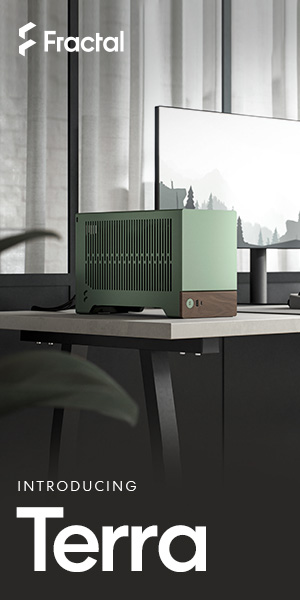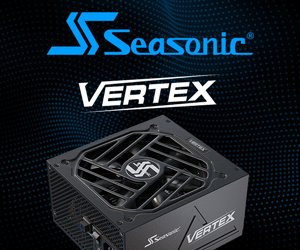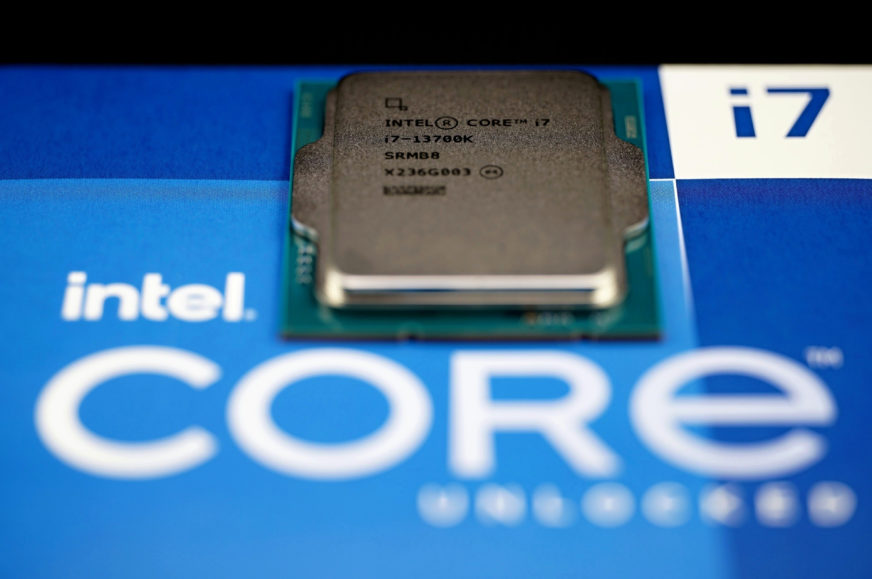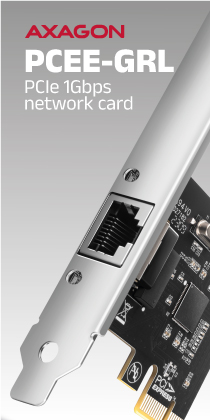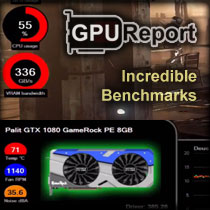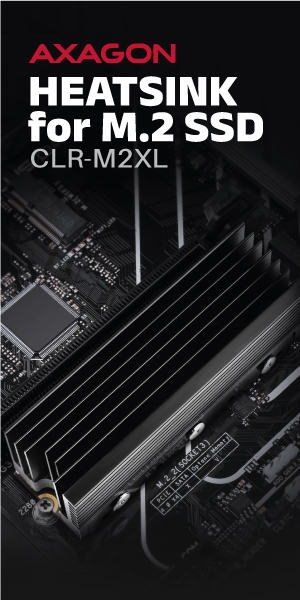Conclusion
The sixteen-core desktop Raptor Lake (Ci7-13700K) is a curious compromise between Core i9 (13900K) and Core i5 (13600K). Compared to the Core i5, it is significantly faster thanks to higher clock speeds and Turbo Boost 3.0 support, and it doesn’t lose much performance compared to Core i9 in lighter workloads, including gaming, but it is significantly more power-efficient.
Conclusion
In terms of raw performance, the Core i7-13700K is 4–6 % faster compared to the Ryzen 9 7900X when 3D rendering. The lead from a generation older Core i9 processor (12900K) is roughly 15 % and the Ci7-13700K is roughly 12 % more efficient.
Taký However, outside of TDP (at maximum power), the Ryzen 9 7900X is up to 25 % (67W) more power-efficient than the Ci7-13700K. Admittedly at slightly lower performance, but efficiency is clearly in favour of AMD. But note, that’s only at this high of a load, when processors are being squeezed to the max. In a gaming workload where power draw is less than half, the Core i7-13700K is already some 8 % more efficient on average (than the Ryzen 9 7900X). Performance-wise, it’s a tie in gaming. In some titles, the Ryzen 9 7900X has the edge (Borderlands 3, CS:GO, DOOM Eternal, Total War Saga: Troy, …), in some, it’s the Core i7-13700K (Assassin’s Creed: Valhalla, Cyberpunk 2077, F1 2020, Metro Exodus, …). The average increase in “gaming” performance of the Core i7-13700K over the Ci9-12900K is up to 10 %, but in practice (in this class of processors with builds with monitors with typically high resolutions) the differences are getting smaller.
The Core i7 Raptor Lake also draws significantly less power in a single-threaded workload with comparable performance. That’s with performance that’s not much different from the Ryzen 9 7900X, which is, in addition to encoding audio recordings, presenting typically single-threaded tasks, well seen in practical tests of PCMark (speed of working with text editor, spreadsheets, video calls), ale aj in a web environment. Performance-wise, it’s extremely even. In some subtasks, the Ryzen 9 (7900X) has a bit of an edge, in others the Core i7 (1370K). It alternates nicely, and if you want to pick a more suitable processor for your needs, you’ll need to do some serious digging into the results. But don’t forget that even in those tests where the Core i7-13700K pulls the short end of the stick, it has the advantage of more power-efficient operation.
Particularly evenly matched in the battle between the Ci7-13700K and the R9 7900X are the results in video editing programs such as Adobe Premiere Pro and DaVinci Resolve Studio. In more than half of the tasks in Adobe Premiere Pro, the Core i7-13700K is a hair faster, in DaVinci, it’s the Ryzen 9 7900X. There’s an equal balance of better and worse results in Adobe After Effects for creating graphic effects.There are also no big differences in computing performance when encoding video (x264/x265). With that said, the the Core i7-13700K is less power-efficient (at the same performance it has significantly higher power draw) as it always has been in the maximum wattage band. The more demanding and application and thus the higher the wattage, the more the performance/watt ratio of the Ci7-13700K moves away from the more efficient Ryzen 9.
Photo editing and 2D graphics: Most of Photoshop is faster with the Core i7-13700K, but again it’s a 60/40 split (Ryzen 9 7900X). Generating thumbnails of uncompressed photos in Lightroom comes out to within a hundredth of a second anyway, exporting is a tad faster with the Ci7-13700K. The Intel processor is faster in both XnView and Affinity Photo, with some 10 % in favour of the latest Core i7. If there’s anywhere the Ci7-13700K doesn’t catch up to AMD’s competing processor, it’s in Topaz Labs’ AI applications, where Ryzen 7000s effectively benefit from AVX-512 (VNNI) instruction support. In these tests, the Raptor Lake outperforms only the Ryzen 5000s. It is quite clear, but just as clearly the Core i7-13700K lags behind the Ryzen 9 7900X and is slower compared to the Ryzen 5 7600X.
The (de)compression and (de)encryption tests also come out in favour of the Ryzen 9 7900X, with the Core i7-13700K performing more evenly compared to the Ryzen 7 7700X. But you’ll have to wait a while for the exact ratios until we finish and release those R7 7700X tests.
To cool the Core i7-13700K you’ll need a powerful cooler, just like the Core i9-1x900X, but that’s also true for the Ryzen 9 79×0. In a gaming workload, it’s not that critical, you can get by with a mid-range cooler. Or with a better one (and you can slow down the rpm to run quieter), higher demands are placed on cooling performance especially under high load, where processor power draw exceeds 250 W. Then the temperature is high even with an effective cooler.
Overall, we have to rate the Core i7-13700K processor positively. Especially for a high-end gaming PC, for example, to the GeForce RTX 4090, we can recommend it with a clear conscience. Performance-wise, you won’t suffer compared to the Core i9-13900K, but the operation (Core i7-13700K) will be noticeably more economical. But how will the Core i7-13700K hold up against the Ryzen 7 7700X? That will be a question for the next processor test.
English translation and edit by Jozef Dudáš
| Intel Core i7-13700K |
| + Very high multi-threaded performance... |
| + … and really high single-threaded performance |
| + Noticeably higher efficiency than the older Core i9-12900K processor... |
| + … and clearly outperforms even the Ryzen 9 7900X in efficiency |
| + Top-notch gaming performance |
| + "Versatile" processor, fits every usage scenario |
| + 16 cores and 24 threads on a mainstream platform |
| + Very high performance per clock (IPC) |
| + Modern 7nm manufacturing process |
| + Very high clock speeds |
| + Favourable price/performance ratio for this class... |
| + ... especially on a DDR4 memory platform, which is still cheaper than DDR5 memory |
| - High temperature even with a powerful cooler |
| - Compared to Ryzen 9 7900X, weaker efficiency (performance per watt) for demanding multi-threaded tasks |
| Approximate retail price: 409 EUR |
We are grateful to Datacomp e-shop for cooperation in providing the tested hardware
Special thanks also to Blackmagic Design (for DaVinci Resolve Studio license), Topaz Labs (for DeNoise AI, Gigapixel AI and Sharpen AI licenses) and Zoner (for Photo Studio X license)
- Contents
- Intel Core i7-13700K in detail
- Methodology: performance tests
- Methodology: how we measure power draw
- Methodology: temperature and clock speed tests
- Test setup
- 3DMark
- Assassin’s Creed: Valhalla
- Borderlands 3
- Counter-Strike: GO
- Cyberpunk 2077
- DOOM Eternal
- F1 2020
- Metro Exodus
- Microsoft Flight Simulator
- Shadow of the Tomb Raider
- Total War Saga: Troy
- Overall gaming performance
- Gaming performance per euro
- PCMark and Geekbench
- Web performance
- 3D rendering: Cinebench, Blender, ...
- Video 1/2: Adobe Premiere Pro
- Video 1/2: DaVinci Resolve Studio
- Graphics effects: Adobe After Effects
- Video encoding
- Audio encoding
- Broadcasting (OBS and Xsplit)
- Photos 1/2: Adobe Photoshop a Lightroom
- Photos 2/2: Affinity Photo, Topaz Labs AI Apps, ZPS X, ...
- (De)compression
- (De)encryption
- Numerical computing
- Simulations
- Memory and cache tests
- Processor power draw curve
- Average processor power draw
- Performance per watt
- Achieved CPU clock speed
- CPU temperature
- Conclusion



